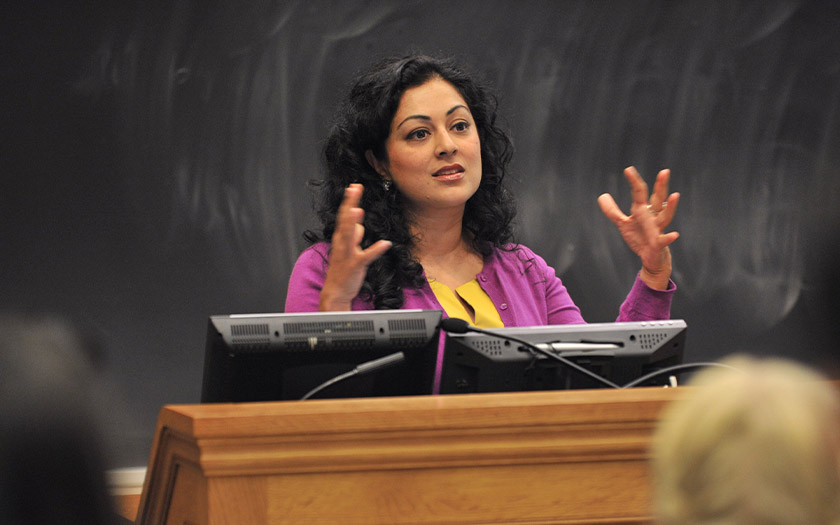
As ChatGPT hits three months in operation, its reach and uses continue to widen along with a range of efforts and research to grasp and anticipate the upside and downside of using artificial intelligence to do what humans would normally do.
Ford School expert Shobita Parthasarathy is available to discuss ChatGPT's role in scientific research, education, computer science, engineering and business along with ethical implications. Her research focuses on the politics and policy related to science and technology. She is interested in how to develop innovation—and innovation policy—to better achieve public interest and social justice goals.
"Our research shows that large language models such as ChatGPT are likely to reinforce inequality, reinforce social fragmentation, remake labor and expertise, accelerate the thirst for data and accelerate environmental injustice, due to the homogeneity of the development landscape, nature of the datasets, and lack of transparency in the algorithms that power them," she said. "This makes national and international policy action even more crucial."
Contact: [email protected]
A Michigan News alert also lists others at the University of Michigan who can comment. Se the original advisory here.
